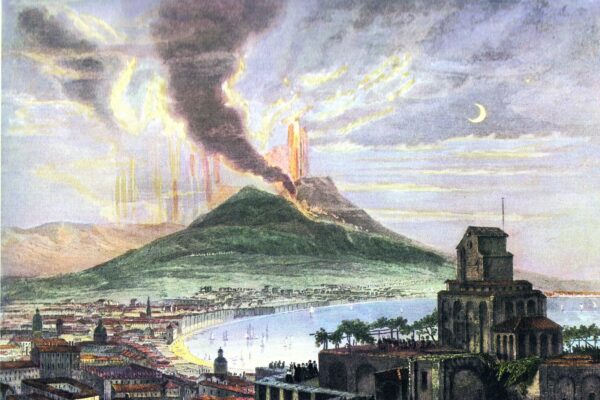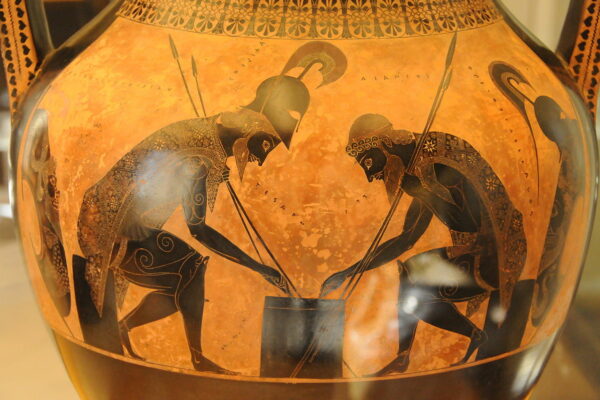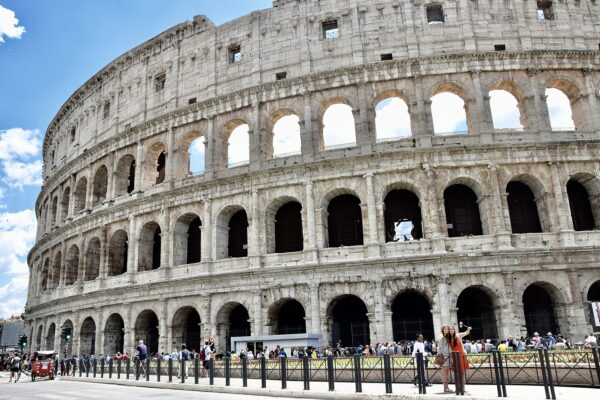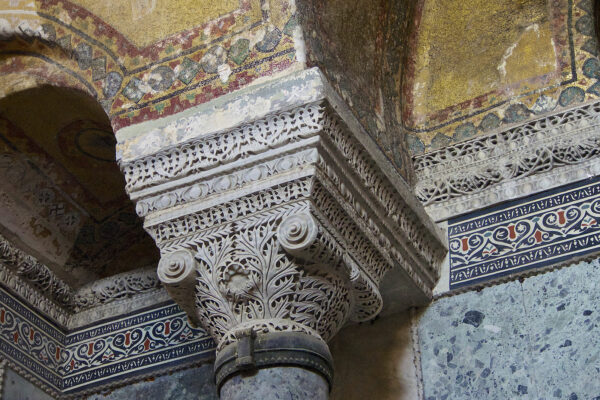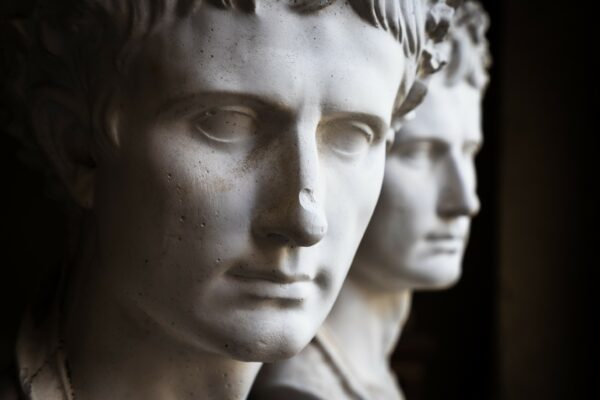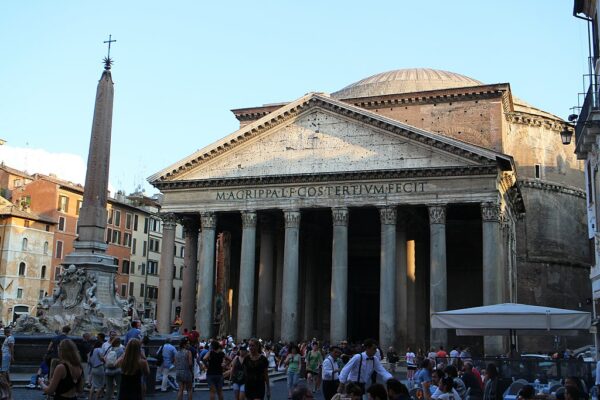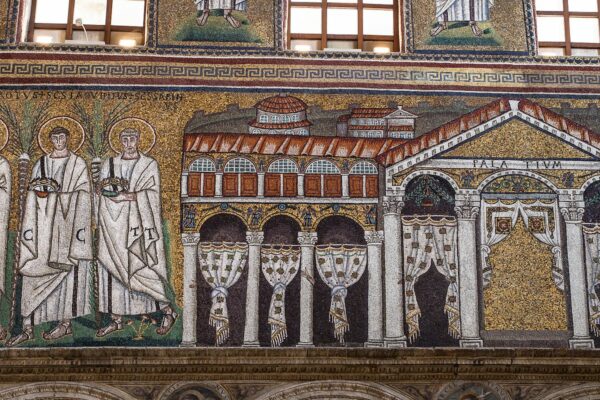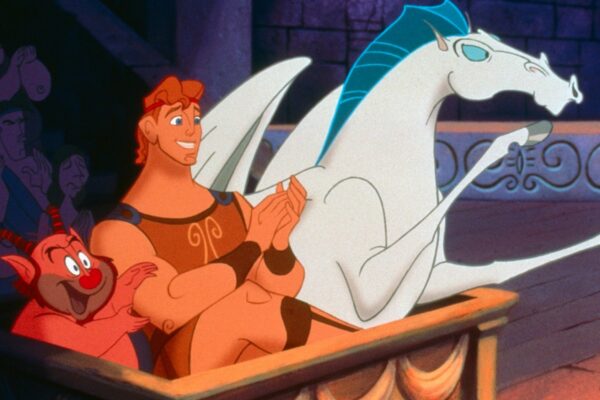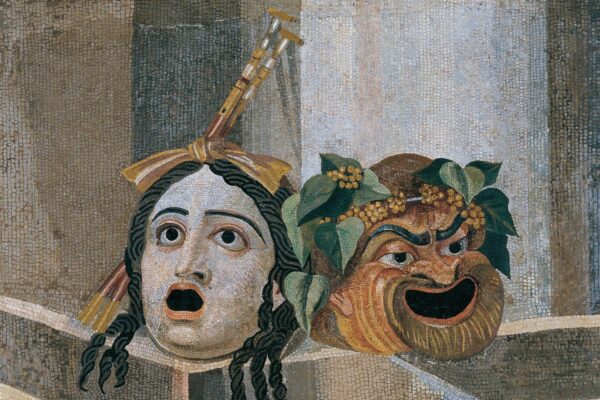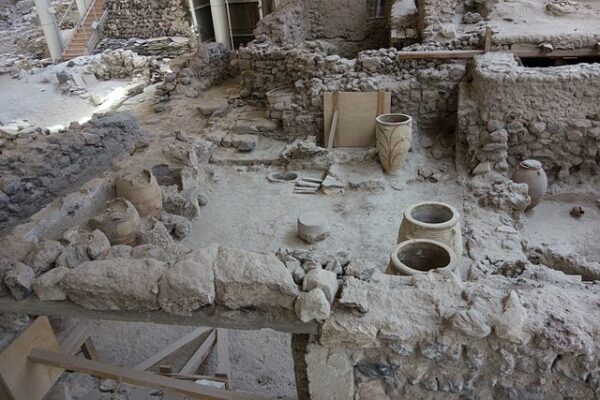In 79 CE, Mt. Vesuvius erupted on a massive scale, burying a large swath of the prosperous Bay of Naples area under meters of rock, ash, and mud. Cities such as Pompeii and Herculaneum were snuffed out, preserved for millennia until they were rediscovered in the modern era. Almost overnight, Pompeii became one of the …
Read More

